By Christopher Price, CFP®, RICP®, ChFC®, C(K)P®
How many investment accounts do you have in your household? Three? Five? Or maybe even 10? Whether they accumulated over the years from previous employers or you opened them for yourself, it’s not uncommon to have multiple accounts, especially for high-net-worth families. I’ve worked with families who had as many as 40 separate accounts opened over a 25-year period!
And while clients probably don’t give much thought to them right now, multiple accounts could cause some serious headaches down the road. Navigating various investment decisions, fee breakdowns, and distribution rules for each account can be difficult and confusing—not to mention costly.
The good news is that account consolidation can be a great way to streamline your savings. Here are 3 reasons why it may be a good option for you.
1. It Provides a Clear Picture of Your Assets & Exposure to Risk
Having money spread out over too many different investment accounts can make it difficult or impossible to plan effectively because it creates a fragmented picture of your financial situation. Without a clear understanding of what you have, it’s impossible to project where you are going and what you need to get there. Your financial picture needs to be organized and focused before the right plan can be created.
By consolidating your accounts, you can begin to clearly understand what you have and how it compares to what you need in order to meet your long-term financial goals. Consolidation also makes it easier to systematically rebalance your portfolio at the household level and harvest tax losses, which can help your plan stay on course no matter what happens. This is especially useful for dual-income households where the investments and account clutter problem is amplified.
Unmanaged risk is also a big issue when it comes to multiple accounts. Since each account may be exposed to a different level of risk, your overall exposure is hard to understand. Consolidation can alleviate this issue by providing a proper inventory of your exposure to risk, which in turn allows you to assess your current situation and make changes as needed.
2. It Reduces Unnecessary Fees & Expenses
In reality, setting up too many accounts and potentially forgetting about some is more common than many people think. But just because the accounts may be out of sight and out of mind doesn’t mean they don’t have an effect on your bottom line. In fact, having multiple accounts can lead to paying more fees than necessary. Without proactive management, you may potentially be overpaying right now—probably without even knowing it!
As an example, let’s look at a typical 401(k) account. These plans usually have fees related to administration, investment, custodial, and individual service charges that can range from 0.5% to 2% of the account assets. (1) These fees and expenses can add up quickly, resulting in a loss of investable assets that compounds over time.
Now imagine a mutual fund. These accounts charge fees in the form of an expense ratio which is automatically deducted from the value of the fund shares. This directly impacts the return received by shareholders like you. Average expense ratios range from 0.5%-1.0%, (2) meaning that for every $10,000 invested, $50-$100 is lost to fees every year.
When you consider the fees charged across every account, you could be losing quite a bit every year. Instead, consolidating your accounts can be an effective way to help reduce fees and allow more of your money to grow.
3. It Can Help With Tax-Efficiency on Your Investments
As the age-old saying goes, “It’s not about how much money you make, it’s about how much you get to keep.” In addition to reducing unnecessary fees and expenses, account consolidation can help reduce the amount of money lost to taxes.
While this might not be a huge issue right now, especially if most of your accounts are tax-deferred retirement accounts, it could have major implications when you need to make withdrawals in the future. For instance, some accounts will make you withdraw a certain amount per year, while others will allow your funds to grow. In addition, some accounts will require taxes to be paid upon withdrawal, while others offer tax-free withdrawals. All these rules require proactive tax management in order to minimize how much of your savings is lost to the IRS.
Take required minimum distributions (RMDs), for example. If you have multiple 401(k)s at retirement, you will eventually need to take required minimum distributions (RMDs) from each of those accounts. (3) When juggling multiple accounts, you risk missing a required minimum distribution or withdrawing the incorrect total—for which the IRS can make you pay a penalty. Consolidating your accounts cab help make navigating RMDs, and taxes as a whole, much easier.
How We Can Help
Navigating your investment accounts can be confusing and complicated, especially if you have several different accounts. That’s where we come in. At Coastal Wealth, we can help assess and consolidate your accounts so your financial picture is clear. To learn more about how we can help, schedule an introductory discovery consultation by calling (954) 625-1531 or emailing me at ChristopherPrice@FinancialGuide.com.
About Chris
Christopher Price is a financial advisor and investment advisor representative at Coastal Wealth, a full-service financial planning firm dedicated to going the extra mile to serve its clients with excellence. With over 10 years of experience, Christopher works with high-net-worth and business owner clients, using an educational approach to guide them through the opportunities and challenges they face so they can pursue their goals with confidence. Christopher is known for building long-lasting relationships with his clients and for providing a safe environment for clients to ask questions, receive honest and understandable answers, and become empowered to make the appropriate financial decisions for their lives. Christopher graduated from Susquehanna University with a bachelor’s degree, double majoring in finance and entrepreneurship. He also holds the CERTIFIED FINANCIAL PLANNER™ Professional, Retirement Income Certified Professional® (RICP®), and Chartered Financial Consultant® (ChFC®) professional designations. Christopher’s passion for education has led to him partnering with his community to provide workshops on a variety of financial topics that are designed to help financial literacy and confidence.
When he’s not working, you can find Christopher exploring his many interests and pursuing his extensive goals, including studying for his pilot’s license, traveling, playing baseball or golf, enjoying the ocean outside his front door, or taking his dog, Ranger, to the dog park. He also loves to donate his time and money to local charities and causes he cares about. To learn more about Christopher, connect with him on LinkedIn.
**The views and opinions expressed are those of Christopher Price. Christopher Price’s views are not necessarily those of MML Investors Services LLC or its affiliates. Christopher Price is a registered representative of and offers securities and investment advisory services through MML Investors Services, LLC. Member SIPC www.SIPC.org. 1000 Corporate Drive, Fort Lauderdale, FL, 33334. (954) 625-1351** CRN202405-2381591
**Any discussion of taxes if for general information purposes only, don’t not proport to be complete or cover every situation, and should not be construed as legal, tax or accounting advice. Clients should confer with their qualified legal, tax and accounting advisor as appropriate.
[1] https://www.investopedia.com/articles/personal-finance/061913/hidden-fees-401ks.asp
[2]https://www.investopedia.com/ask/answers/032715/when-expense-ratio-considered-high-and-when-it-considered-low.asp
[3] https://www.irs.gov/retirement-plans/retirement-plans-faqs-regarding-required-minimum-distributions






